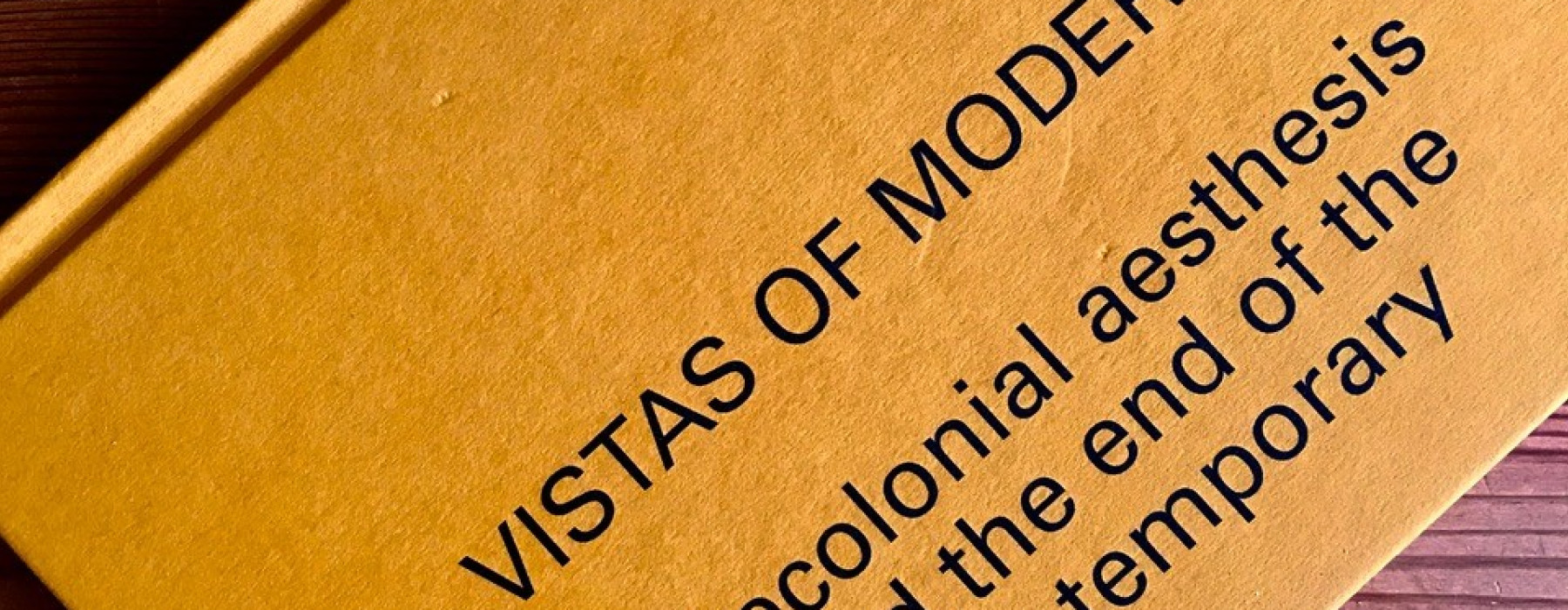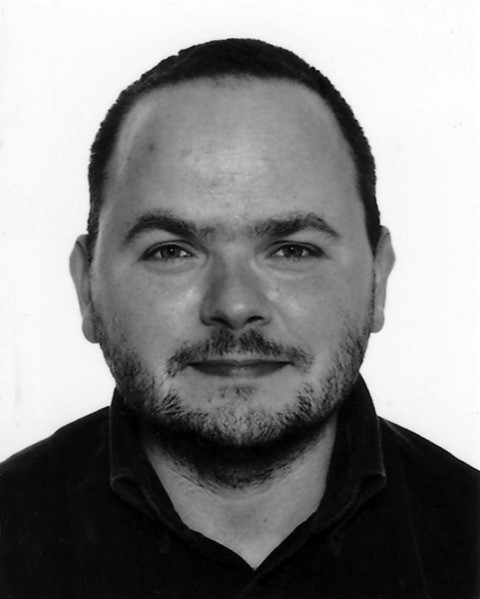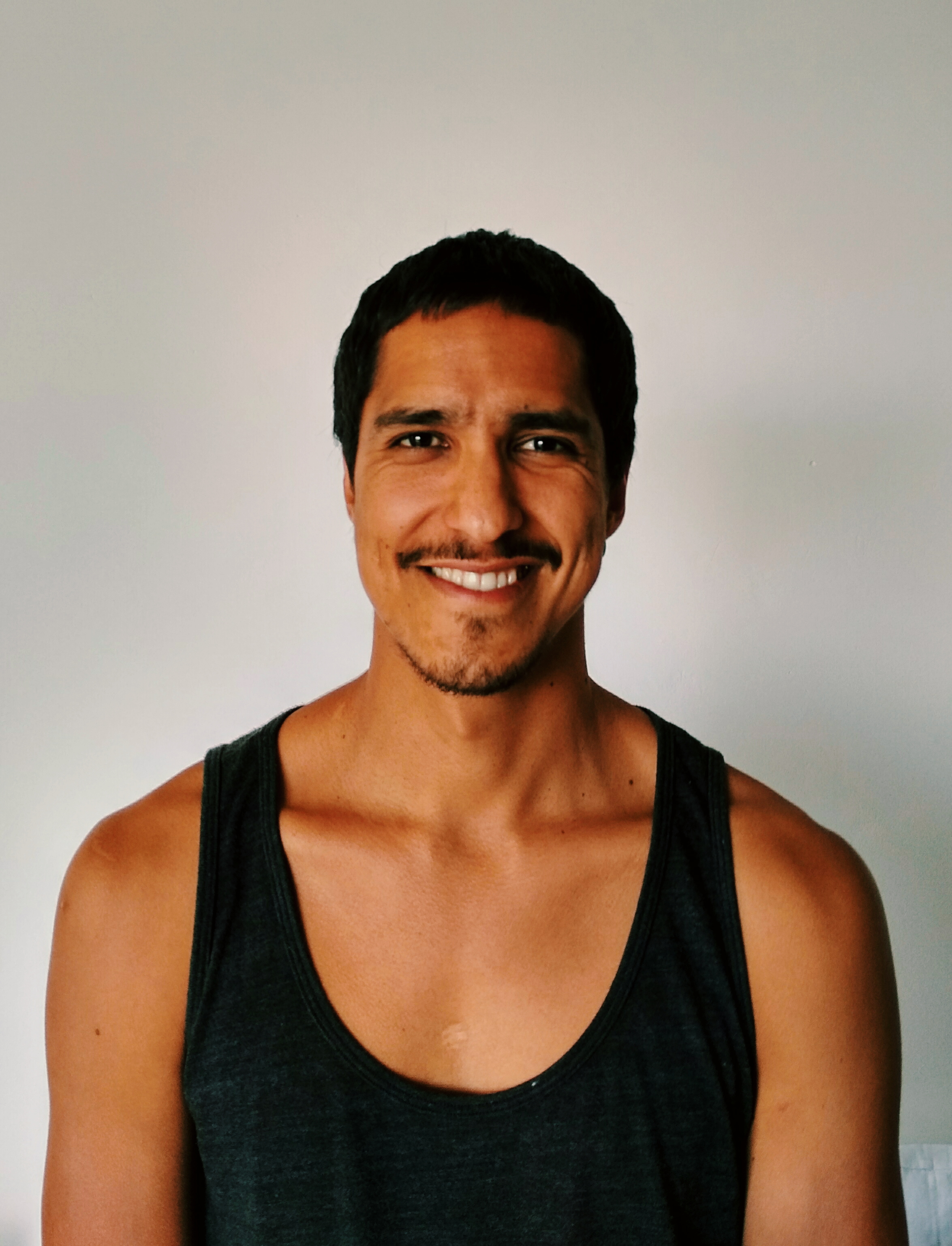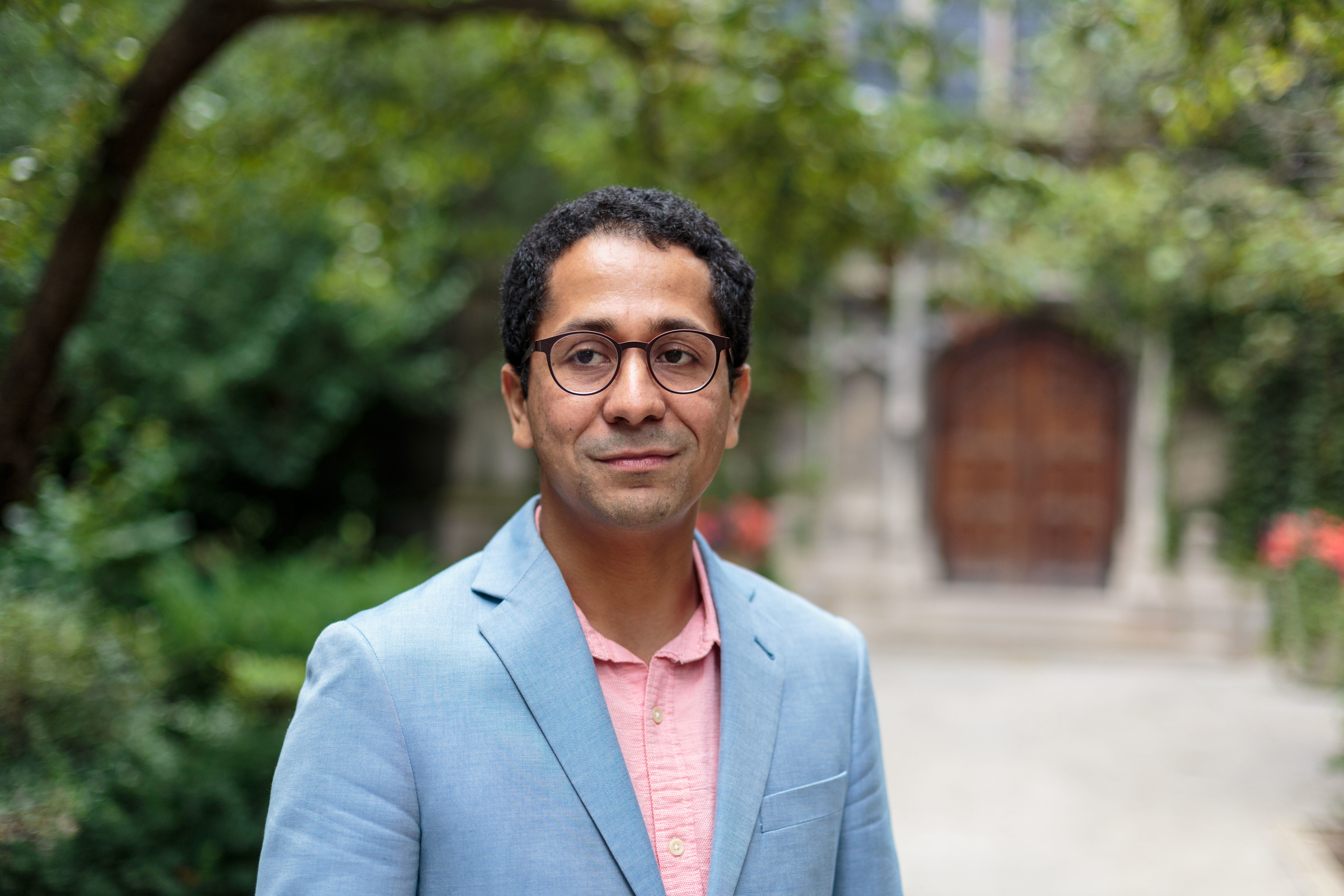
Vázquez is known as a voice and presence who caringly, softly, and powerfully thinks the decolonial, modernity, relationality, opacity and the white gaze. Alongside thinkers—who are also intellectual kin—such as Jean Casimir, Arturo Escobar, María Lugones to whom this event is dedicated, Walter Mignolo and Gloria Wekker, Vázquez’s book asks us to think more expansively, but also be in the world with and among each other, beyond the human. In writing about Vázquez’s book, Eelco van der Lingen writes that it “helps us understand that a much deeper inequality lies at the foundation of representation with art and heritage. The discussion about who the museum belongs to and for whom it is, is now part of a much larger discourse” (xii).
The meticulously curated book, edited by Rosa te Velde, works through a set of critical meditations across modern/colonial postcards, and in so doing engages conversations about: the built environment such as “the Philips Pavilion” as a “choreography of modernity” (45), or shifts the white gaze from “Le Village Noir” as designated in the postcard generated by the 1903 Exposition Industrielle de Reims asking us to look at the colonial difference that separates the “’Dessinateur’, the ‘Drawer’ from the ‘Artist’” (95). Vázquez’s book pays attention to contemporary artists—La Vaughn Belle and Jeannette Ehlers; Rana Hamadeh; Fabián Barba; Patricia Kaersenhout; Saodat Ismailova; and Amanda Piña—whose work inspirationally provokes Vázquez’s interrogations of the museum and heritage spaces through a “decolonial path,” one that invites “a different configuration”: “it illuminates other genealogies of aesthesis [….] it opens questions that are capable of re-ordering aesthetic practices and giving form to their trajectories outside the dominant narrative framing of aesthetics” (175). Rolando asks us to profoundly engage our enunciations from the we, he advocates for the notion of the plural self. He reminds us of María Lugones’s cogent articulation of the plural self as one that delinks from gender. The work of “decolonial aesthesis” is then to delink, care, and think time so as to “recover the relations in time with animals, with Earth-beings, as relations that precede and sustain us, as our elders” (108).



